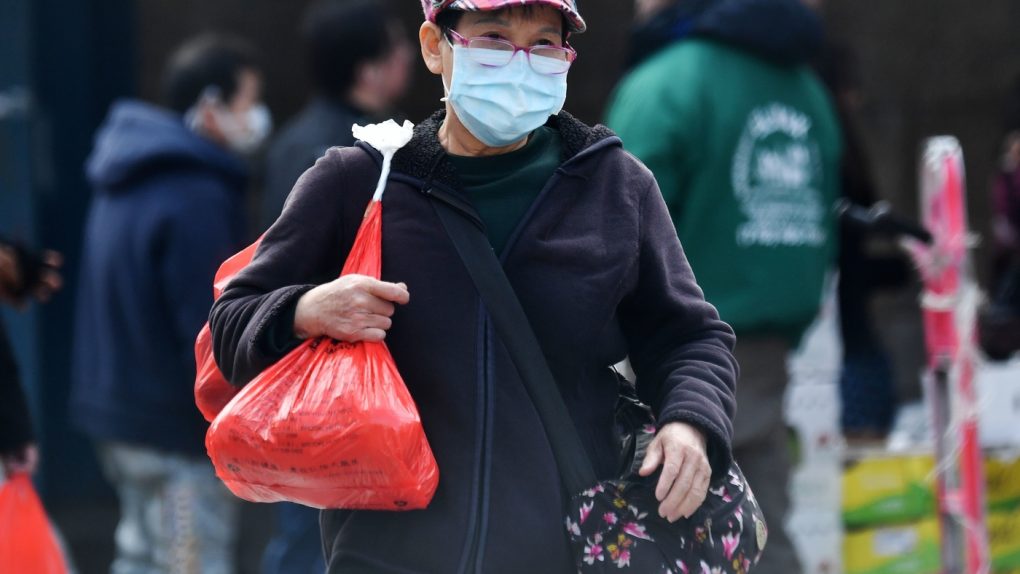- South Korea’s Centers for Disease Control and Prevention (KCDC) concluded a study of nearly 300 patients who retested positive after surviving COVID-19.
- The KCDC explained the patients were not infectious, and they were immune to the disease despite some of them showing symptoms.
- The second positive test likely detected dead fragments of the virus. As a result, KCDC changed its approach to handling people who test positive again.
- Visit BGR’s homepage for more stories.
An increasing number of alarming reports have said in the past few weeks that some COVID-19 patients who recovered tested positive for the novel coronavirus a second time. Doctors were unable to explain these occurrences, but believed that it was unlikely those patients had actually been reinfected.
However, countries like China placed them in quarantine to observe them. Similar reports came from other countries as well, including Korea, where the local CDC reported in mid-April that hundreds of patients had tested positive again. The medical authority observed the evolution of the new patients in the weeks since then, and delivered the best possible preliminary news about coronavirus reinfections: It’s not a relapse.
The KCDC officials published the findings of the study online, revealing that it investigated 285 “re-positive” cases, as well as their 790 contacts. Of those, 27 contacts were positive, 24 of which were cases that were previously confirmed. The other three were cases that were exposed to a religious group or a case in their families, so there is a high likelihood that they were infected by someone other than the “reinfected” individual.
The study says that it took 45 days on average from initial symptom onset to test positive a second time, or 14.3 days from discharge. As many as 44.7% of the patients had symptoms including cough and sore throat, the report says. 60% of them were tested for screening, regardless of symptoms.
The doctors also discovered neutralizing antibodies in all re-positive cases as well as the newly confirmed cases, which is a marker of COVID-19 immunity.
The KCDC concluded that, based on the available evidence, the re-positive cases were not infectious. Moreover, the KCDC amended its policies regarding patients who test positive again, lifting the 14-day self-isolation recommendation as well as the requirement of new COVID-19 testing for these patients. Re-positive cases will still be reported and counted, and their contacts will continue to be investigated.
“So far, we have not seen secondary infections from people who were in contact with the relapsed patients,” senior health ministry Yoon Tae-ho said at a briefing. The Wall Street Journal reports that the KCDC will stop using the term “relapse” to refer to these patients. Instead, they’ll say the novel coronavirus has been “redetected” in some patients. It’s likely that more patients will retest positive in the future.
The most likely explanation for the phenomenon is that the highly accurate COVID-19 RT-PCR tests used in Korea detect fragments of the dead virus after patients have recovered, which leads to false positives.
“We’re putting more weight on the theory that dead virus fragments remain in a recovered patient’s body since we haven’t seen evidence of infectivity,” National Cancer Center processor Ki Moran told the Journal.
KCDC will continue to monitor the cases, but this preliminary data is definitely good news for the rest of the world. Coronavirus immunity is still something that needs to be explained. The disease is too new for doctors to offer immunity estimates. Longer-lasting COVID-19 immunity would be great news for people who have survived it, and for future vaccine candidates. Until then, the KCDC research at least tells us that patients aren’t likely to contract COVID-19 a second time in the weeks following the first case.
Korea is one of the world’s role models when it comes to containing COVID-19. Through an aggressive campaign of testing and contact tracing, authorities were able to significantly reduce the spread of the disease, and flatten the curve early. The country has reported over 11,000 cases since January, including 263 deaths as of Tuesday afternoon.








